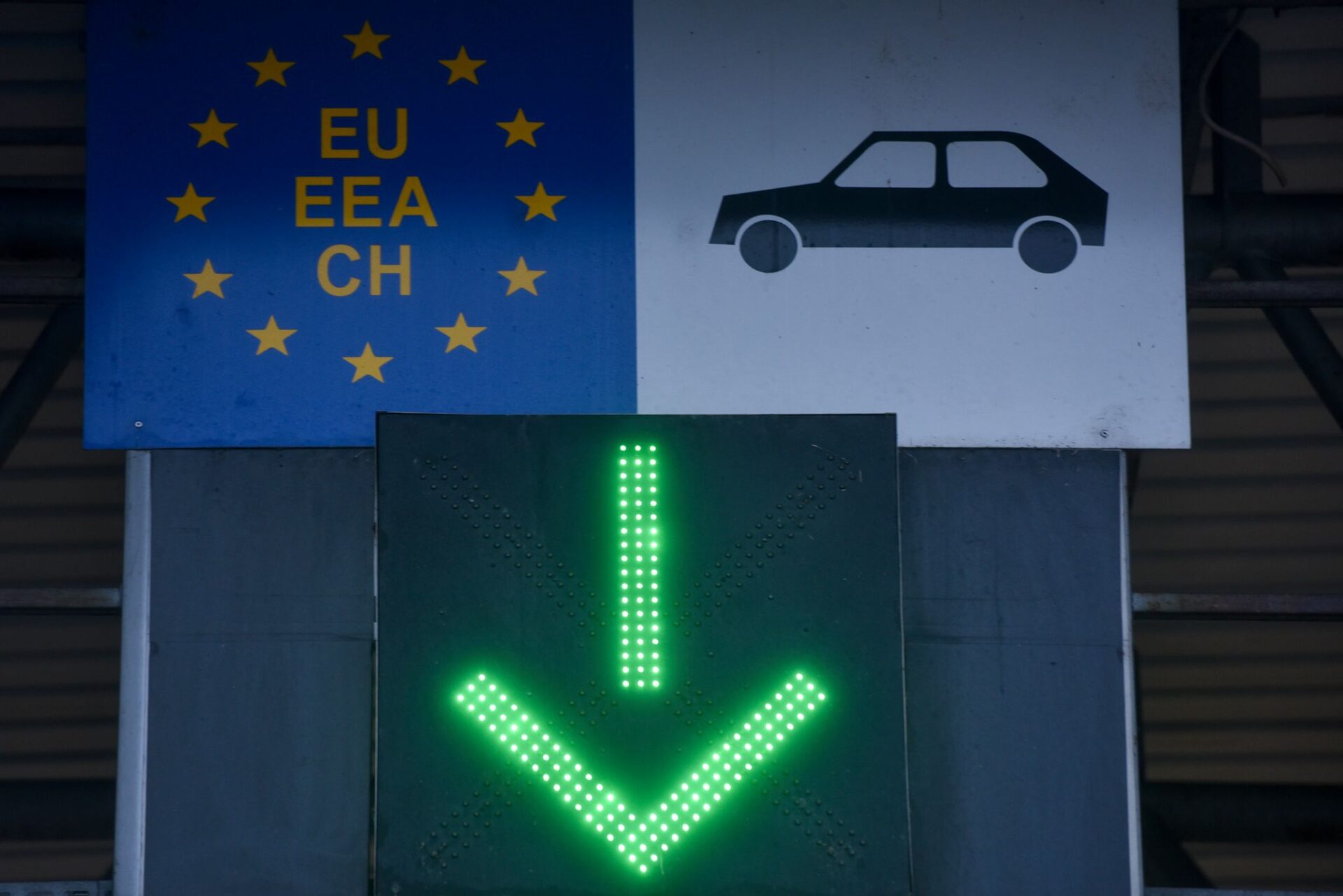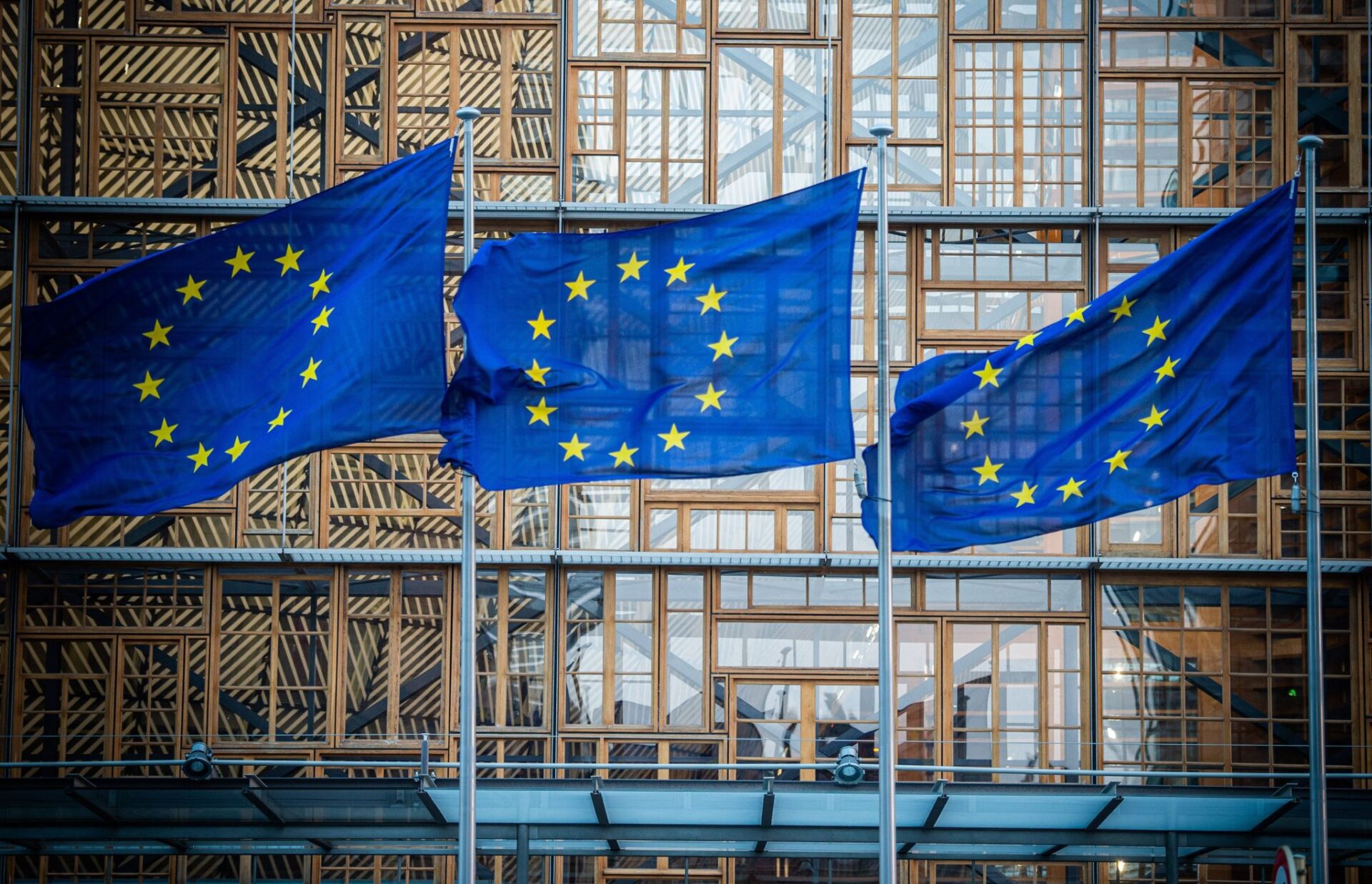 Have the article read by OpenAI (Beta). Please note that AI translations may take some time to process.
Have the article read by OpenAI (Beta). Please note that AI translations may take some time to process.EU sanctions Russian diamond giant Alrosa
Brussels (ANSA) – The EU Council has added PJSC Alrosa and its CEO Pavel Alekseevich Marinychev to its blacklist of individuals and entities subject to restrictive measures. Alrosa, owned by the Russian state, is the largest diamond mining company in the world and accounts for over 90 percent of all Russian diamond production. “The company constitutes an important part of an economic sector that is providing substantial revenue to the government of the Russian Federation,” the EU Council said.
The measure is in addition to restrictions imposed as part of the 12th sanctions package decided just before the Christmas holidays which includes a ban on Russian diamonds in coordination with the G7. In total, the EU’s restrictive measures against actions that threaten or undermine Ukraine’s territorial integrity, sovereignty and independence now apply to almost 1,950 persons and entities.
Designated persons are subject to an asset freeze and EU citizens and companies are prohibited from making funds available to them. Natural persons are also subject to a travel ban, preventing them from entering or transiting EU territories. Russian diamond exports totalled revenues of about 4 billion dollars in 2022. The EU import ban on natural and synthetic diamonds exported from Russia came into force on January 1, while the import ban on Russian diamonds processed in third countries will be phased in by September. (3 January)

Bulgaria and Romania to enter Schengen zone for air and sea travel at the end of March
Brussels/Sofia (BTA) – Bulgaria and Romania will be admitted to the borderless Schengen zone at the end of March starting with air and sea travel, the EU Council decided in December 2023.
The abolition of land border checks will require a further unanimous decision by EU countries. So far, Austria continues to block it.
European Council President Charles Michel congratulated Romania and Bulgaria on X. He described the step as long-awaited.
European Parliament President Roberta Metsola said the decision made the EU stronger and provided increased protection for its citizens.
Bulgaria and Romania should be proud, European Commission President Ursula von der Leyen said.
Discussions on a further decision to abolish checks at land borders are expected to continue this year. The Commission expects the EU Council to adopt a decision on abolishing checks at land borders “within a reasonable time.”
Bulgaria does not accept any additional conditions but is committed to taking back migrants who have entered the EU from its territory, as provided for in the Dublin rules, the Bulgarian government clarified.
Deputy Prime Minister Maria Gabriel was quoted by the Foreign Ministry as saying that Bulgaria would continue to work towards the abolition of land border controls. (30 December – 3 January)

Belgium takes over rotating EU presidency from Spain
Brussels (EFE) – Belgium took over the rotating presidency of the European Union from Spain on Monday for a six-month term which will be shaped by the European Parliament elections to be held between June 6 and 9.
The elections will coincide with legislative and local elections in Belgium which could cause distractions in Belgium’s presidency, the Belgian ambassador to the EU, Willem van de Voorde, acknowledged a few days ago. However, with the new fiscal rules and the migration pact agreed during the Spanish presidency just before Christmas, Belgium will not have any major legislative projects pending, although it will have to deal with Hungary’s veto of EU help for Ukraine.
Specifically, it will have to overcome Hungary’s rejection of the new package of 50 billion euros in aid to Ukraine between 2024 and 2027 and the increase in the EU budget for that period. Hungarian Prime Minister Viktor Orbán’s ultra-nationalist government is making it conditional on Brussels unblocking the 21 billion in EU funds still frozen due to the EU’s rule-of-law dispute with Hungary. (1 January)
This is a compilation of the European coverage of enr news agencies. It is published Tuesdays and Fridays. The content is an editorial selection based on news by the respective agency.
